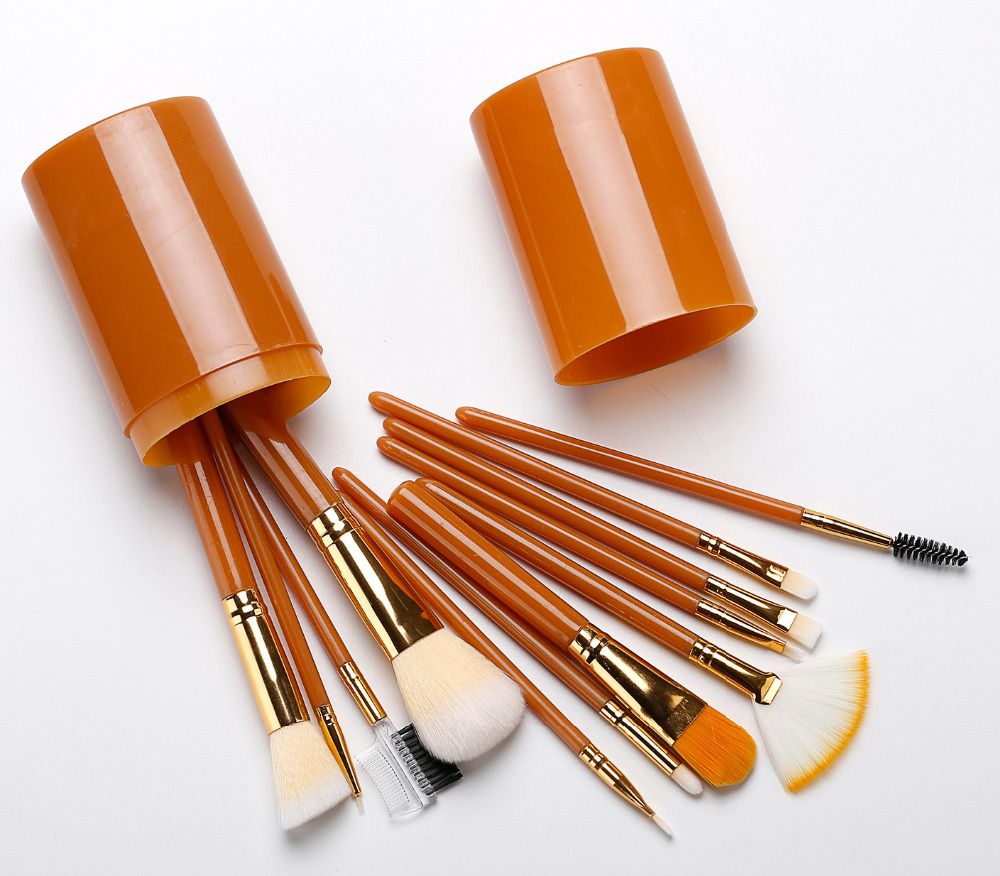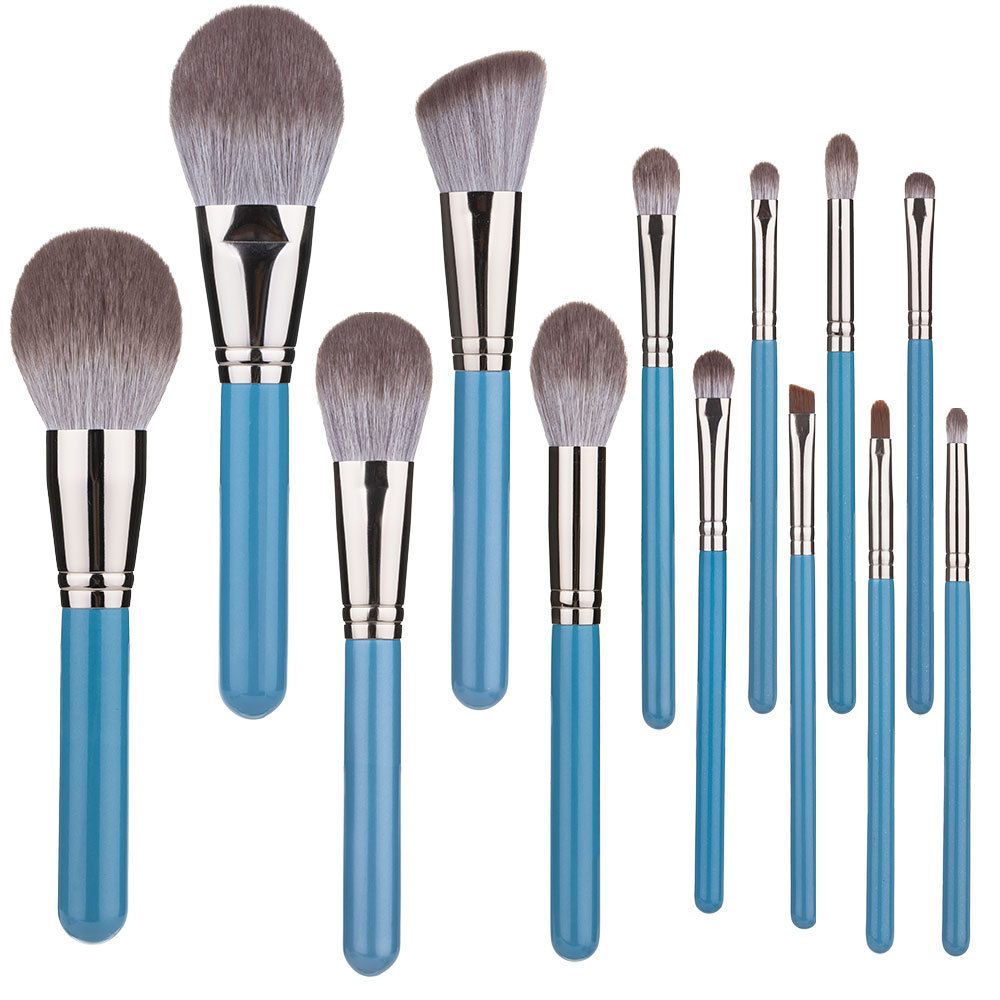Industry news
Consumer Survey: 70% of U.S. Shoppers Prioritize "Cruelty-Free" Labels on Bristle Products
- 824 Views
- 2025-10-25 01:31:38
U.S. Consumer Survey: 70% Prioritize Cruelty-Free Labels for Bristle Products
A recent consumer survey has shed light on a significant shift in U.S. shopping habits: 70% of respondents now prioritize "cruelty-free" labels when purchasing bristle products, ranging from cosmetic brushes to household cleaning tools. This data, compiled from over 2,000 U.S. adults, underscores a growing demand for ethically sourced and produced刷毛产品 (bristle products) across industries, with cosmetic brushes emerging as a key category driving this trend.
The survey results reflect a broader cultural shift toward conscious consumerism, particularly among younger demographics. Gen Z and millennial shoppers, who make up a large portion of the cosmetic brush market, are leading the charge. For these groups, a product’s ethical credentials—specifically, whether it involves animal testing or uses animal-derived materials—are no longer optional but a deciding factor. Social media campaigns by animal welfare organizations and influencers advocating for cruelty-free practices have amplified awareness, making terms like "cruelty-free" and "vegan" household staples in beauty and personal care conversations.
This trend carries profound implications for the bristle product industry, especially manufacturers of cosmetic brushes and their raw material suppliers (e.g., bristle filament producers). Traditionally, cosmetic brushes relied heavily on animal-derived bristles such as squirrel, goat, or badger hair. However, the survey data signals that clinging to animal-sourced materials may risk alienating a majority of consumers.

In response, forward-thinking brands and manufacturers are pivoting to synthetic bristle filaments. Materials like nylon, polyester, and PBT (polybutylene terephthalate) are gaining traction not only for their cruelty-free status but also for their performance. Modern synthetic bristles, engineered with advanced fiber technology, offer comparable—if not superior—softness, durability, and product pick-up compared to animal hair. This technological leap is critical: 45% of survey respondents noted they would switch brands if a cruelty-free option matched or exceeded the quality of traditional alternatives.

Certifications are another key driver of trust. The survey highlighted that 62% of consumers actively seek third-party certifications like Leaping Bunny or PETA’s Beauty Without Bunnies seal. These labels act as a tangible guarantee that no animal testing was conducted at any stage of production—from raw material sourcing to final product testing. For bristle manufacturers, investing in such certifications is no longer a marketing add-on but a necessity to remain competitive.
Challenges persist, however. A small but vocal minority (15% of respondents) still associates animal-derived bristles with "premium quality," a perception rooted in decades of industry messaging. To bridge this gap, manufacturers must prioritize consumer education—emphasizing that synthetic bristles, when engineered correctly, deliver precise application, easy maintenance, and long-term value.
Looking ahead, the 70% consumer priority for cruelty-free labels is not a fleeting trend but a defining market force. Bristle product manufacturers, particularly those in the cosmetic sector, must align their strategies with this demand: investing in synthetic bristle R&D, securing reputable certifications, and highlighting ethical practices in branding. By doing so, they not only meet consumer expectations but also contribute to a more sustainable, animal-friendly industry landscape.











